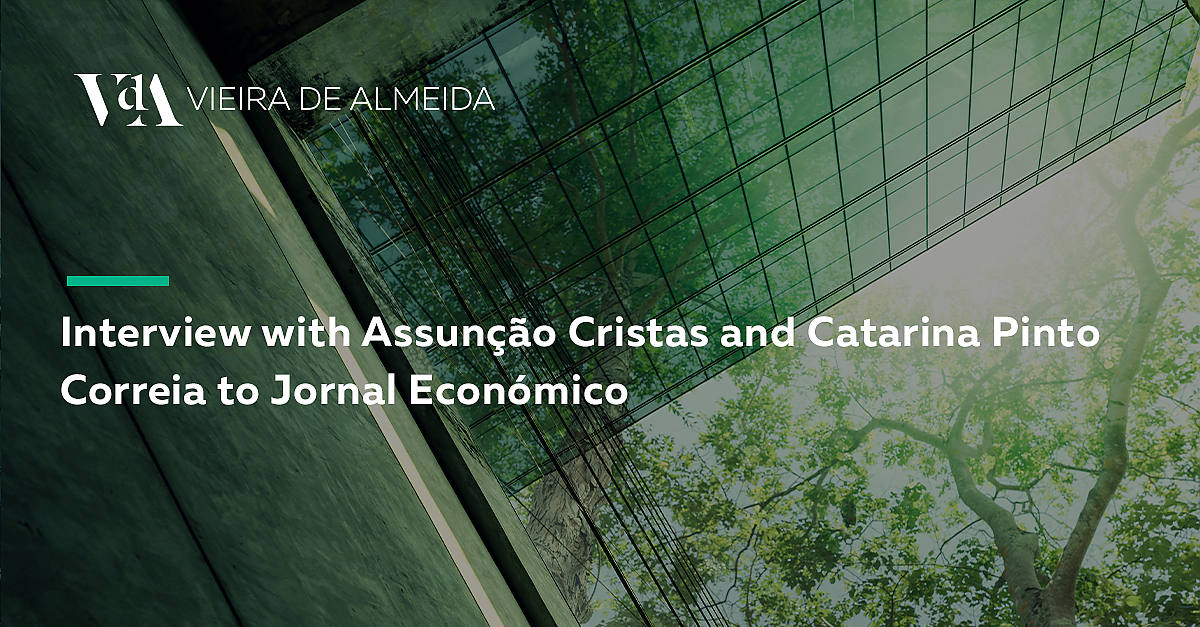Assunção Cristas and Catarina Pinto Correia were interviewed by Jornal Económico. The two partners, co-coordinators of the Environment area, discussed topics such as European and national regulation of the Voluntary Carbon Markets, the challenges of climate and water and the growth of the agribusiness sector.
In the month in which the European Parliament finalised the regulations for the Voluntary Carbon Markets, Assunção Cristas said that on the national scene "we are more advanced in this area, as we have the decree law that was published at the beginning of the year and we hope that it can evolve in terms of the technical aspects of building the platform". These developments in the carbon field enable the creation of "robust carbon credits".
When asked about the management of water scarcity in some areas of the country, such as the Algarve, Catarina Pinto Correia explained that "we have had some measures to combat this, but they are very structural", but it is still necessary to create systems "to combat waste and losses". It is in this context that "increased investment in this type of project will solve the water issue at a structural level".
In these investments, Catarina Pinto Correia believes that "collaboration between the public and the private sector is essential", which is why it is necessary to "increase public investment, yes, but also private investment, and with private partnerships that can bring more investment capacity".
For Assunção Cristas, the agribusiness sector "has shown great dynamism, and is becoming increasingly sophisticated and modernised. Nowadays, talking about agriculture also means talking about all the other issues, about digitalisation and the use of tools that allow us to act in agri-food production in a radically different way."
- The Jornal Económico interview is available to read here.
